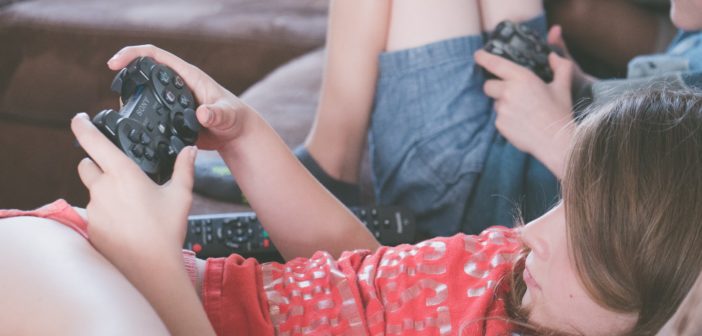A UK mum is fighting to have the National Health Service (NHS) diagnose her 15-year-old
son with a gaming disorder, saying he hasn’t been to school for a year since becoming
consumed with playing online games.
Kendall Palmer told the Telegraph she had lobbied for three years to have her son’s
condition recognised and treated by the NHS.
The World Health Organisation (WHO) recognised gaming disorder, also known as gaming
addiction, in January for the first time. And with children and teens playing games like
Minecraft and Fortnite more and more, it’s a condition that needs to be addressed.
The WHO says someone with a gaming disorder has difficulty controlling their gaming
behaviour – that is, they will prioritise gaming over other interests and daily activities. The
person will also keep gaming “despite the occurrence of negative consequences”, such as
falling behind with school or upsetting friends.
The WHO guidance states, “For gaming disorder to be diagnosed, the behaviour pattern
must be of sufficient severity to result in significant impairment in personal, family, social,
educational, occupational or other important areas of functioning and would normally have
been evident for at least 12 months.”
How can you tell if your teen is addicted to gaming? Well, first, it’s important not to panic if
your child enjoys gaming and spends a lot of time online. Gaming addiction affects only a
small proportion of people who engage in gaming, but it’s important to look out for signs of it
becoming something more serious.
“Gaming can be a very positive experience but like most things when it comes to the online
world it’s a matter of proportion,” explained psychologist Dr Linda Papadopoulos to HuffPost
UK. “The problem arises when children and teenagers start to neglect other areas of their
lives in order to play online games, or when the only way they can relax is by playing games
– as over time a child may start to turn to video games as a way of coping with difficult life
issues.”
 Dr Papadopoulos says the signs of gaming addiction parents should look for are:
Dr Papadopoulos says the signs of gaming addiction parents should look for are:
1. talking incessantly about the game, playing for hours on end, and/or getting angry
when asked to stop
2. disrupting daily needs such as sleep and eating to play the game, and displaying
symptoms like red or sore eyes, stiff fingers, or back or neck issues
3. appearing preoccupied, depressed or lonely, with only the game as comfort.
If you suspect your child has a gaming disorder, it’s important to reach out for help
immediately, with early intervention key to getting on top of the condition quickly.
Your GP is a great place to start. They may suggest completing a mental health plan, which
can provide you with free sessions with a psychologist.
Of course, prevention is even better than a cure. Internet Matters suggests following these
key pieces of advice to stay on top of your child’s gaming:
1. discuss and set boundaries around when and how long your child is allowed to play
online games
2. don’t allow children to have devices in their rooms after bedtime
3. encourage alternative activities such as team sports or clubs that will help them
engage with others in the offline world
4. if you still have concerns, it’s never too early to seek medical or psychological advice.

